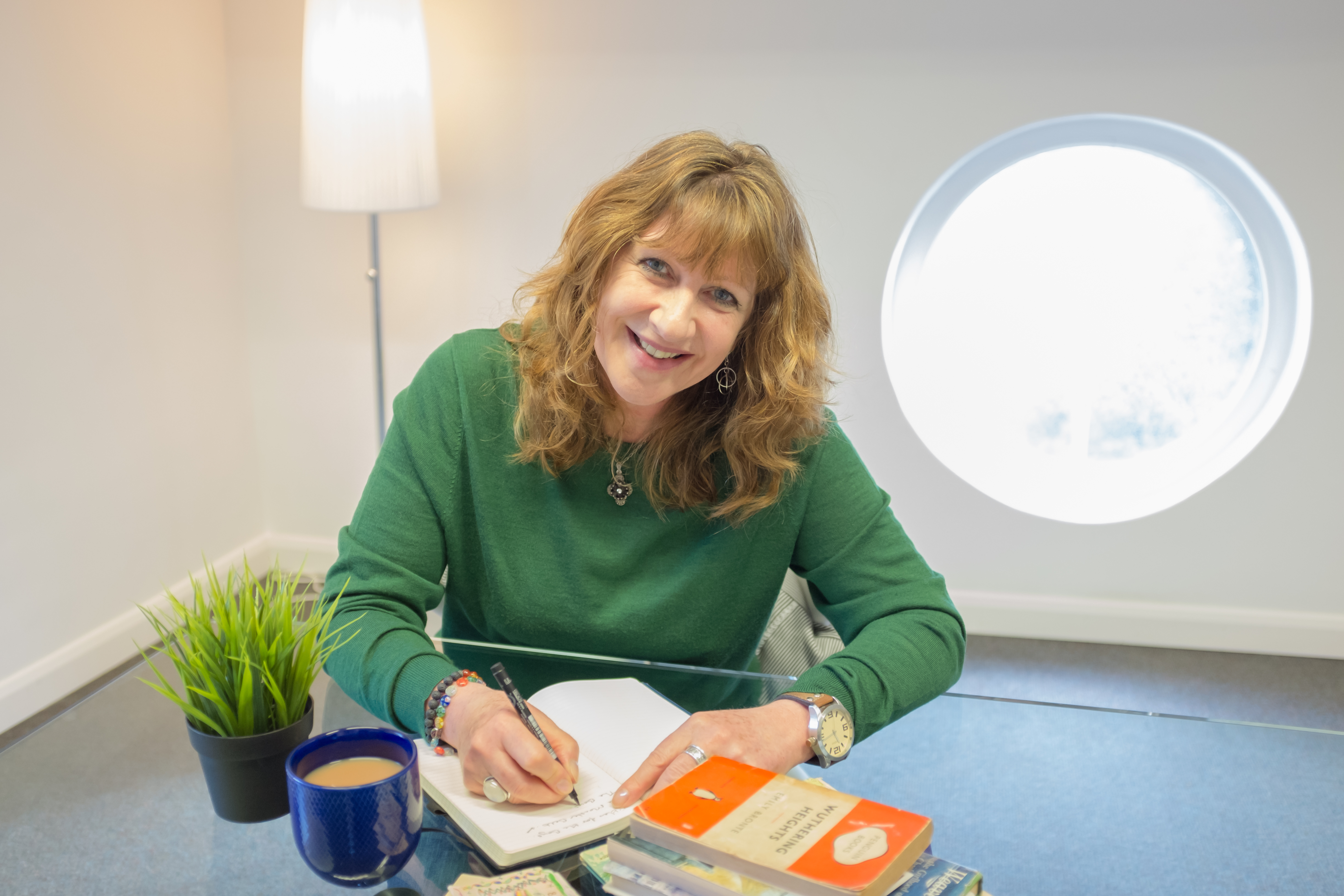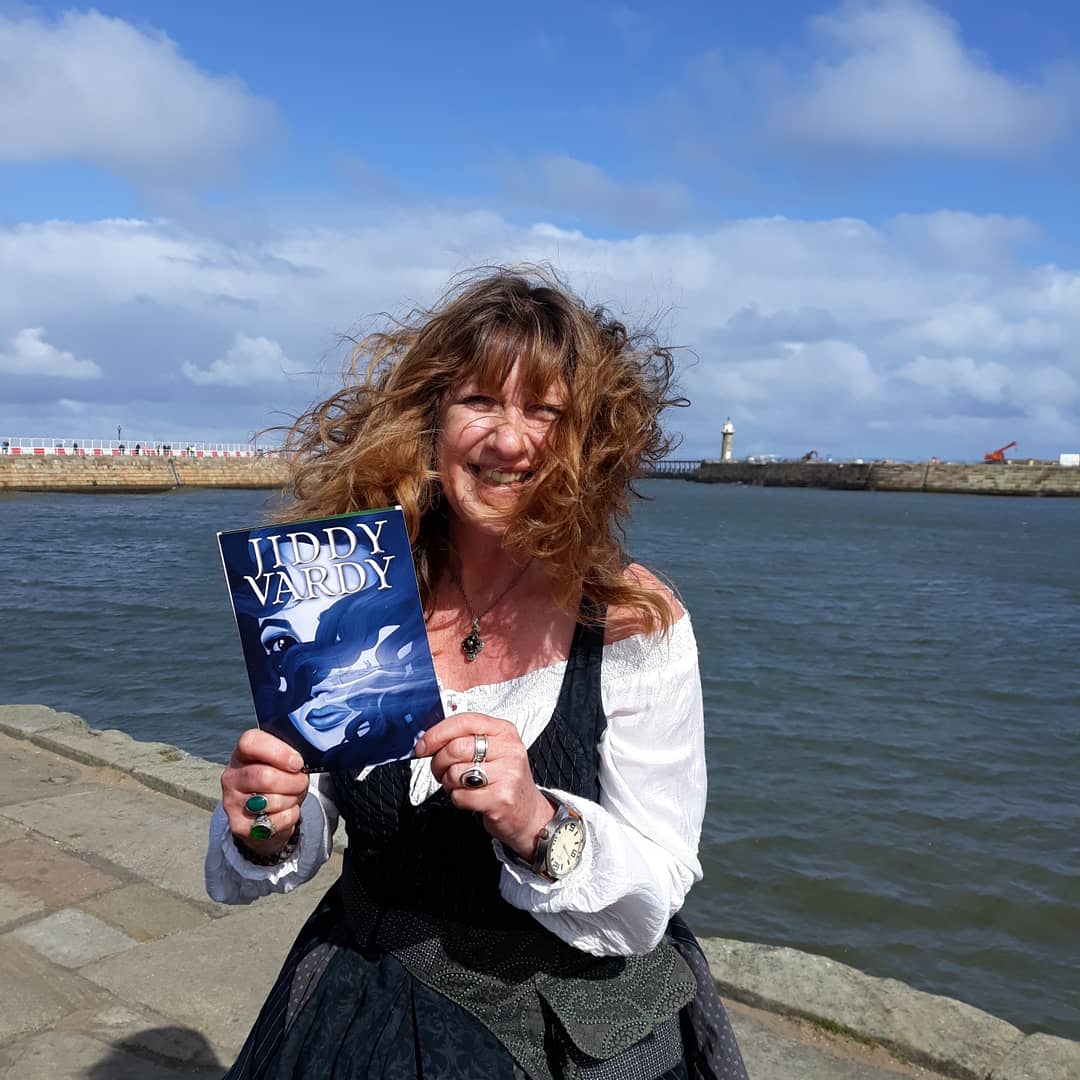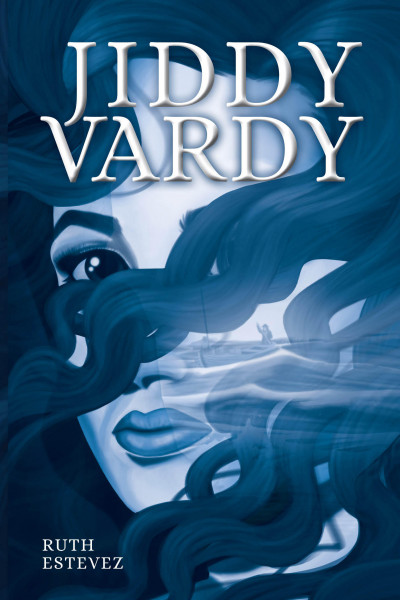Book Launch and events



Robin Hood’s Bay Victorian Weekend
CANCELLED DUE TO ILLNESS – SINCERE APOLOGIES
Saturday 2nd December 12 noon & 2 pm – Smugglers Bar and Bistro, the Dock
Book launch of the final novel in the smuggling, coming of age trilogy set in Robin Hood’s Bay, Whitby, and York – place & inspiration, readings, Q&A, books for sale & signings
inspired by real life Robin Hood’s Bay female smuggler, Jiddy Vardy
Books can also be purchased at https://www.thehiggledypig.co.uk/
Historical Fiction
The Grove Bookshop, Ilkley, Yorkshire
Thursday 7th December, 7 pm – CANCELLED DUE TO RUTH BEING ON JURY SERVICE
Jiddy Vardy – Full Sail. Final novel in the smuggling, coming of age, historical trilogy
Launch talk about inspiration from Yorkshire books, people and places, Q&A, readings & signings
Inspired by real life Robin Hood’s Bay female smuggler, Jiddy Vardy
Relaxed and welcoming in this wonderful bookshop
https://www.grovebookshop.com/contact/
Historical Fiction
Wave of Nostalgia Bookshop, Haworth, Yorkshire
Wednesday 13th December, 7 pm
Jiddy Vardy – Full Sail. Final novel in the smuggling, coming of age, historical trilogy
Q&A, readings & signings
Inspired by real life Robin Hood’s Bay female smuggler, Jiddy Vardy
Tickets – £5 including glass of wine and 10% off all books
To book:
Historical Fiction
Society of Children’s Book Writers & Illustrators private event
Saturday, 16th of December 2023
Following 10.30 – 12.30 critique group meetings at Manchester Metropolitan University
Details contact: estevez.9@gmail.com
Helen Lapping North West organiser asking the questions – readings, books available and signings. Q&A about the Jiddy Vardy trilogy.
Wine, soft drinks, and a delicious Yorkshire treat!












